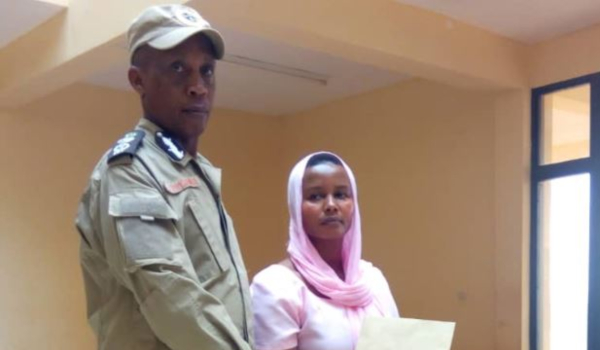
On 4 April 2019, President Paul Kagame of Rwanda pardoned 367 people who were in prison for having or assisting in the offences of abortion or infanticide, a move that was welcomed by women’s rights activists. The women were all released on 5 April. This is the second such pardon, but this time it includes everyone in prison for these crimes, according to advocates. The first pardon, on 9 December 2016, released 62 girls and women who had been imprisoned for abortion under the age of 16, many of whom had become pregnant following sexual abuse. Both times, the pardon was issued under the prerogative of mercy.
But access to safe abortion remains highly inaccessible in Rwanda. Abortion law reform in 2012 allowed abortion in cases of rape, incest, forced marriage or risk to the health of the woman or fetus, but nothing changed on the ground because the approval of a court plus two doctors was required, which was almost impossible to accomplish.
In October 2018, the Rwandan government removed the requirement of court approval and the second doctor’s permission; these changes were put into effect by Ministerial Order N°002/MoH/2019 on 8 April 2019, which outlines the conditions to be satisfied for one medical doctor to be able to approve and hopefully provide abortion care. This is a major step forward legally.
Women’s rights activists and supporters welcomed the pardon and are calling for access to safe abortion to be implemented as soon as possible. Tom Mulisa, executive director, Great Lakes Initiative for Human Rights and Development, commended the decision, but told the Guardian more needed to be done to “address the sheer number of women and girls that continue to be imprisoned for seeking healthcare services… [I]n general, there is an ongoing trend of charging women for infanticide when that is factually incorrect. A study conducted by Great Lakes Initiative found that women were being charged for infanticide and murder, while some were arrested for abortions when in fact they miscarried. Imprisoning women for seeking a health service is a clear violation of their human rights.”
SOURCES: The East African, by Evelyn Opondo, Tom Mulisa, 18 October 2018 ; Chantal Umuhoza, @chante_MKS, 7 April 2019 ; @HDIRwanda, 10 April 2019 ; The New Times, by Jean d’Amour Mbonyinshuti, 4 April 2019 ; The Guardian, by Samuel Okiror, 5 April 2019 ; PHOTO: Rwanda Correctional Service, 5 April 2019



